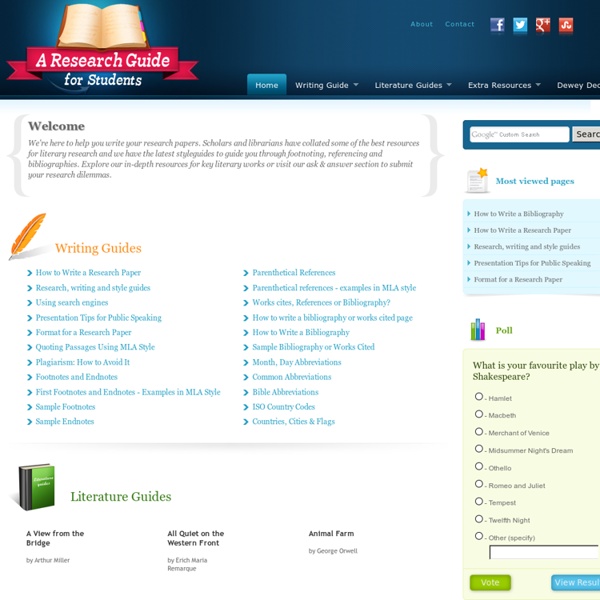



Unusual Writing Ideas for Extraordinary Writers Unusual writing ideas for extraordinary writers When we think about writing ideas, what usually comes to mind are characters, plots, scenes, language, and images. Ideas almost always have to do with concepts and matters of the mind, but what about the physical act of writing? Most of us write at our computers, and many of us still use good old-fashioned pen and paper. Isn’t it Ordinary? It’s all rather ordinary and limiting – always sitting in the same position and using the same tools – day in and day out. What about writing ideas that get you moving and positioning your body in new ways? Get off that chair, step away from your desk, and try standing or crouching. Unusual Writing Ideas These 18 writing ideas are definitely unusual, and unlike most ideas, they don’t happen inside your head. 1. Get some extra-large, oversized paper and sprawl out somewhere – like in the grass or on the floor. 2. A pack of colored markers 3. Try writing different parts of a story or poem on sticky notes . 4. 5.
Home : Virtual Writing Tutor | Check English Grammar | Learn English as a Second Language Cliche Finder Have you been searching for just the right cliché to use? Are you searching for a cliché using the word "cat" or "day" but haven't been able to come up with one? Just enter any words in the form below, and this search engine will return any clichés which use that phrase... Over 3,300 clichés indexed! What exactly is a cliche?See my definition Do you know of any clichés not listed here? This is Morgan, creator of the Cliche Finder. Or, you might like my crazy passion project: Spanish for Nerds: Learning Spanish via Etymologies! Back to cliches... if you would like to see some other Web sites about clichés? © S. Special thanks to Damien LeriAnd to Mike Senter Morgan's Web page
Scriffon: Write and publish on the Web 50 Alternatives to the Book Report | WriteToLearn 100 Useful Web Tools for Writers | College Degrees All kinds of writers, including poets, biographers, journalists, biz tech writers, students, bloggers and technical writers, take a unique approach to their jobs, mixing creativity with sustainability. Whether you’re a freelance writer just scraping by or someone with a solid job and more regular hours, the Internet can provide you with unending support for your practical duties like billing, scheduling appointments, and of course getting paid; as well as for your more creative pursuits, like developing a plot, finding inspiration and playing around with words. Turn to this list for 100 useful Web tools that will help you with your career, your sanity and your creativity whenever your write. Getting Organized Thanks to the Internet, disorganized writers are no longer a cliche. Finding Inspiration Beat down writer’s block by using these online idea prompts and inspirational tools. Getting Gigs For many writers, finding a gig is the hardest part of their career. Networking and Marketing